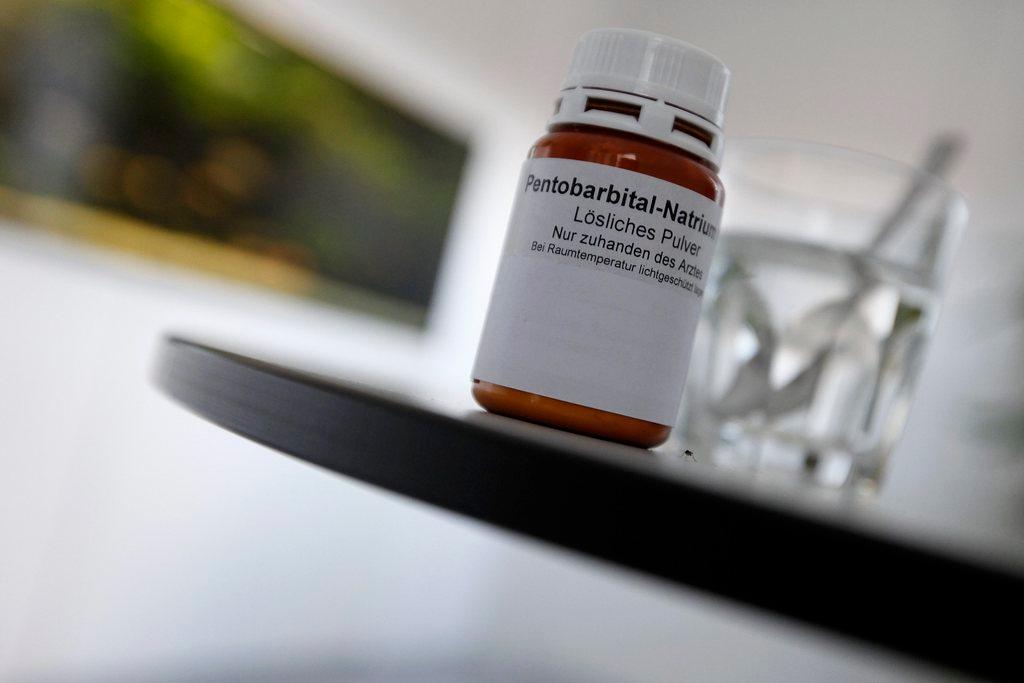Assisted suicides increase in Switzerland

The latest numbers on assisted suicides in Switzerland show a 26% increase over the previous year. The vast majority of those who died by assisted suicide were terminally ill.
The Federal Statistical Office reports that in 2014 Switzerland saw 742 cases of assisted suicide, more than 2.5 times as many as five years previously. In the latest statistics, assisted suicide accounted for 1.2% of all deaths in Switzerland that year.
Men and women were nearly equally represented in the assisted suicide numbers, with ten out of 100,000 men and nine out of 100,000 women choosing to die in that way when spread out over Switzerland’s resident population.
In 42% of cases, assisted suicides followed illnesses caused by cancer. Neurodegenerative disorders led to 14% of assisted suicides, followed by cardiovascular illnesses at 11% and musculoskeletal maladies at 10%.
Most people who chose assisted suicide in 2014 lived in canton Zurich, with an above-average number of cases also reported in cantons Geneva, Neuchâtel, Vaud, Appenzell Outer Rhodes and Zug.
The number of non-assisted suicides has remained stable for several years, according to the Federal Statistical Office, with 1,029 people committing suicide in that manner in 2014.
What does the law say?
Swiss law tolerates assisted suicide when patients commit the act themselves and helpers have no vested interest in their death. Assisted suicide has been allowed in the country since the 1940s.
Death is usually induced through a lethal dose of barbiturates that has been prescribed by a doctor. Ingestion of the poison, whether by drinking it or through the use of intravenous drips or stomach tubes, must be carried out by the person wanting to die.
A 2006 decision by the Swiss Federal Court ruled that all people of sound judgment, irrespective of whether they suffer from a mental illness, have the right to decide the manner of their death.

In compliance with the JTI standards
More: SWI swissinfo.ch certified by the Journalism Trust Initiative



You can find an overview of ongoing debates with our journalists here. Please join us!
If you want to start a conversation about a topic raised in this article or want to report factual errors, email us at english@swissinfo.ch.